We asked scientists how their religion relates to their work. This is what they told us.

Nicholas Higgs, postdoctoral researcher at the Marine Institute, Plymouth University.
"Both science and faith play a part in helping me to make sense of the world. Science gives me a basic understanding of the world that I share with everyone else. It also reveals something of God to everyone, which is essentially what St Paul was saying in his letter to the Roman church. Faith builds on this basic knowledge. It is the narrative that helps me understand my relationship to the world, to other people and ultimately God. Faith motivates everything I do, including my science, so both are integral aspects of my life."
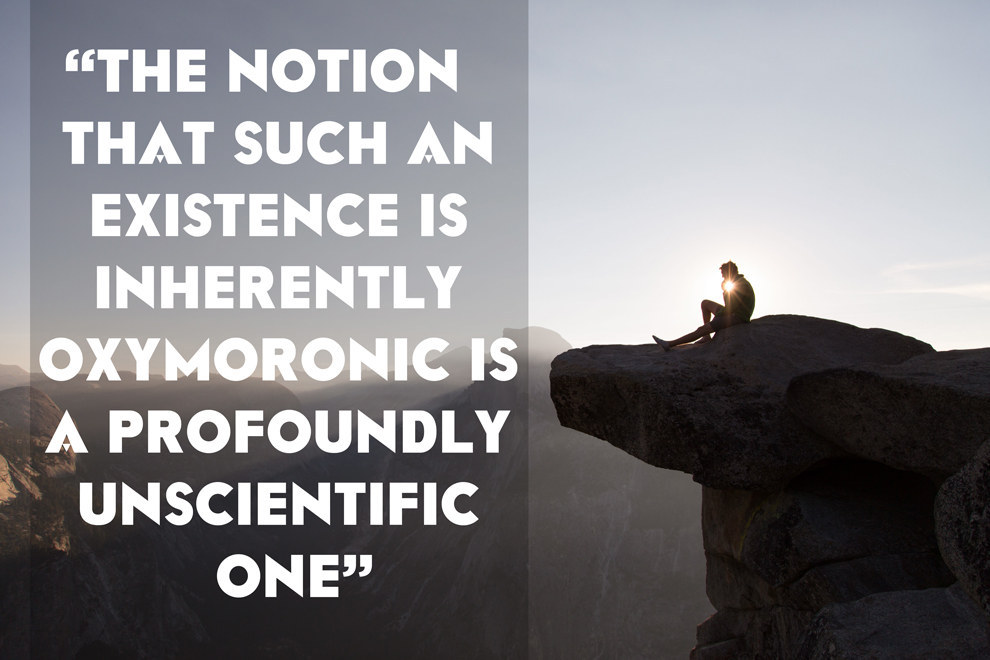
Sara Althari, PhD candidate in genetics, Oxford University:
"I am a passionate scientist and a passionate Muslim. I am the textbook and the Holy Scripture. I am the evidence base, the objective; I am the spiritual, the transcendent. I exist in such a manner – as many do – ever so harmoniously. The notion that such an existence is inherently oxymoronic is a profoundly unscientific one that can only be based on literal, absolutist understandings of holy texts and an appalling failure to contextualise them temporally, culturally, socially, and geographically. To understand faith as a private, otherworldly, soul-enriching experience is to also understand that it can only enhance, rather than clash with, anything else."
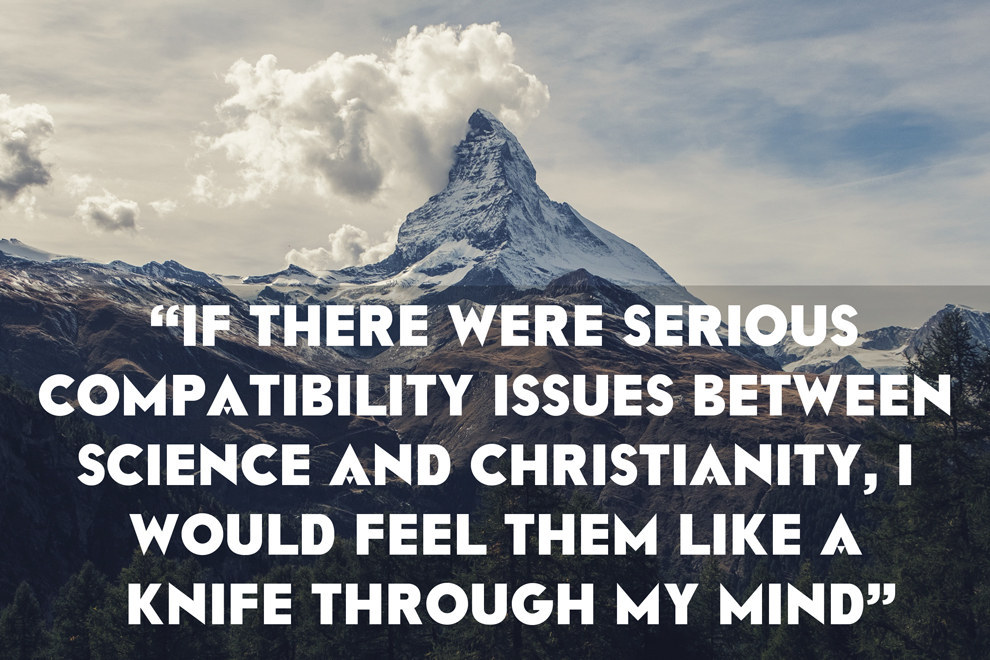
Tom McLeish, professor of physics at Durham University and lay preacher in the Anglican Church.
"I have been a scientist since about the age of 3 (scientist readers will know what I mean) and a Christian since young adulthood. If there were serious compatibility issues between science and Christianity I would feel them like a knife through my mind, but instead my experience is that they nourish each other.
"When I read or listen to people who do think they are at odds, it rapidly becomes clear to me that they don't understand science, or faith, or in many cases either. For me, 'Are science and faith compatible?' is simply the wrong question – it imposes boundaries where they do not exist and confuses categories. Simply put, when God wants us to understand the world, he gives us science to do it.
"The real question is, 'What does science achieve, what is it for, within a Christian worldview?' I have found that question so fruitful that the journey to answer it turned into a book, Faith and Wisdom in Science.
"The core is a scientist's reading of the extraordinary Old Testament Book of Job, paired with a discussion of how order and randomness emerge together in our complex universe. Getting this right is not just to resolve a late-night intellectual argument – I think that resolving 'wicked problems' like climate change and bacterial resistance will need the narrative support that faith can give science within society."
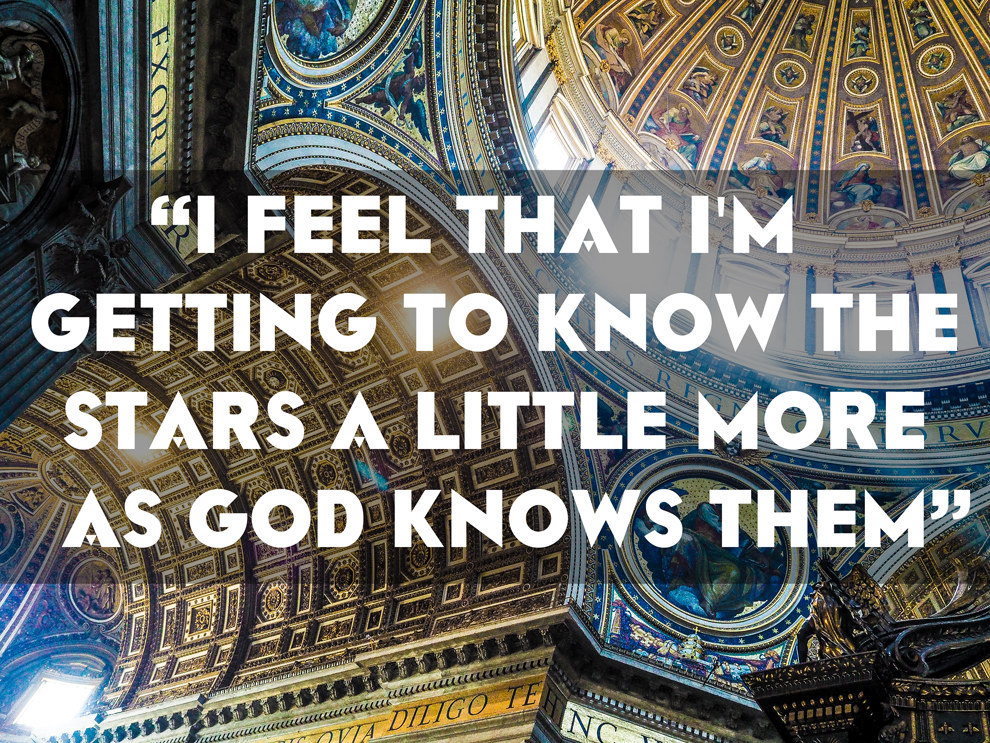
Chris Corbally, research astronomer at the Vatican Observatory.
"When the spectra of stars show me their personalities, I feel that I'm getting to know them a little more as God knows them. What a shared delight!"
Seyed-Mahdi Khaligh-Razav, postdoctoral associate at the Computer Science and Artificial Intelligence Laboratory, MIT.
"As a Muslim scientist, whenever I am asked a question about the possibility of science and Islam living peacefully together, it automatically makes me laugh. It is almost as such if someone asks me whether body and heart can live together!
"Indeed, knowledge is the heart of Islamic belief. You can clearly see this in practice by referring to Islamic history, an era called the 'Islamic golden age'. You might be further surprised to see that Qur'an has mentioned several phenomena we refer to in today's modern science. To give you few examples see the following two verses about astronomy (chapter 36, verse 40) and embryology (chapter 23, verse 14)."
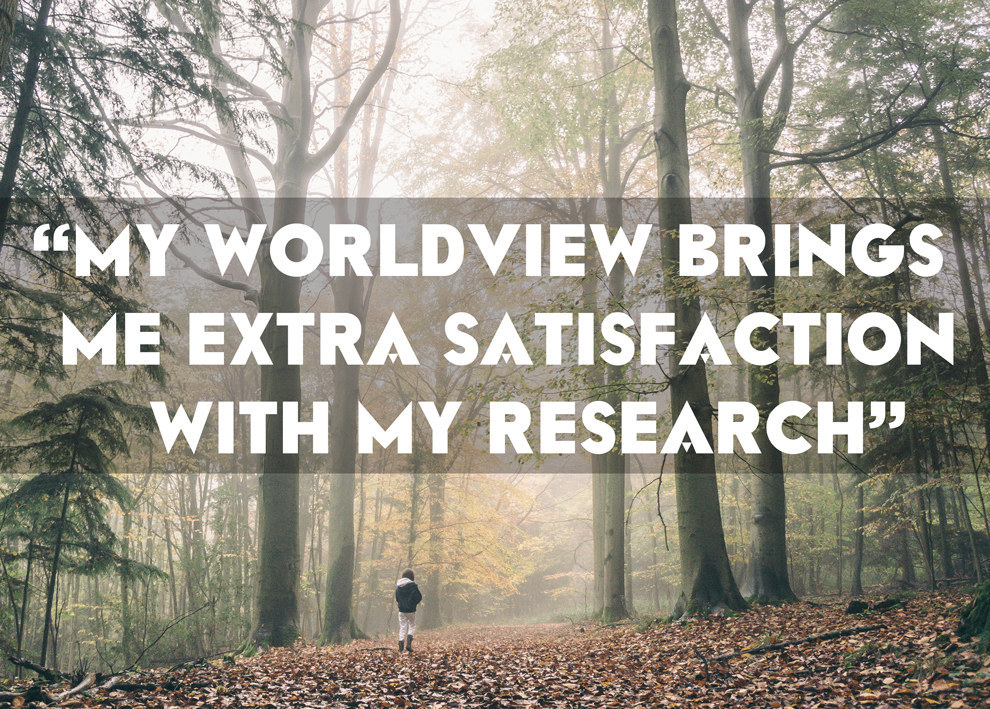
Gavin Merrifield, research assistant at the University of Glasgow.
"Does my particular understanding of Christian belief make me a better or worse scientist? Probably not either way. Do my personal beliefs interfere with my research? I should hope not! But for me as an individual, as a human being, both contribute to how I understand the universe I exist in and the people around me. My worldview does bring me extra satisfaction with my research, strong motivation, and opportunities for deeper reflection.
"Any scientist involved in animal research should always be examining themselves as to how and why they use those animals in their research. For myself as a scientist and a Christian, I see them as part of God's intentions, brought about through the rich and long history of evolution on our world. For me this gives an extra layer of meaning and value to that animal and an accompanying enhanced sense of responsibility."
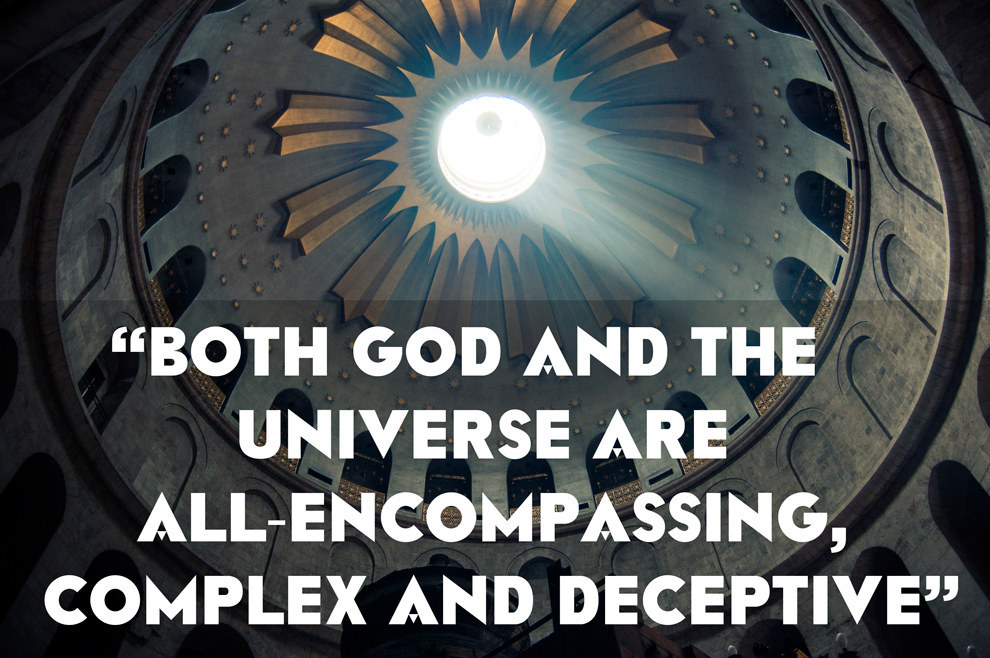
Saul Kohn, PhD candidate at the University of Pennsylvania.
"'The People of Israel' translates into 'those who wrestle with God'. The Jewish tradition encourages us to question God. In my research as a cosmologist, I am questioning the universe. Every day, I ask: What is the structure of the universe? How did it begin, and how will it evolve?
"Both God and the universe are all-encompassing, complex, and deceptive. I am a tiny speck that can actually wrestle with these abstractions. That I can learn so much while remaining so small is humbling, but inspiring. I believe that my Jewish upbringing prepared me for these feelings, and propels me to be a better scientist."
Aaliyha Khan, science teacher at an all-girls Catholic school.
"For me the interaction between science and religion is fascinating. By faith I'm Muslim, but I also teach science at an all-girls Catholic school. The most difficult part is explaining whether I believe in evolution. I have to say to an extent I do – we can't deny it when the evidence is compelling. At the same time, I believe that Allah created life and that science offers an explanation for how life continues to diversify. Islam even states that knowledge is power."
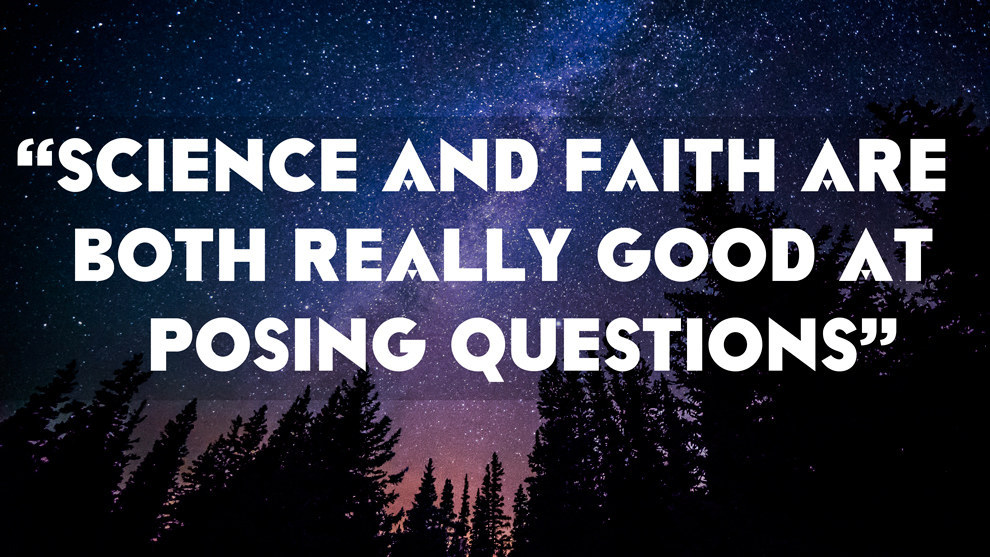
Meredith Rawls, PhD candidate in astronomy at New Mexico State University.
"I grew up attending church with a bunch of engineers and their families, and my favourite place on Earth is a church camp with gorgeous night skies, so it rarely occurred to me that science and faith could be in conflict. Science and faith are both really good at posing questions, but they don't usually raise the same questions. The journey toward addressing those questions is the real point. Science is filled with ancillary discoveries and faith is overflowing with apparent contradictions. They're beautiful, begging for exploration, and don't always make sense. Anyone who claims to have concrete answers is probably trying to sell you something."
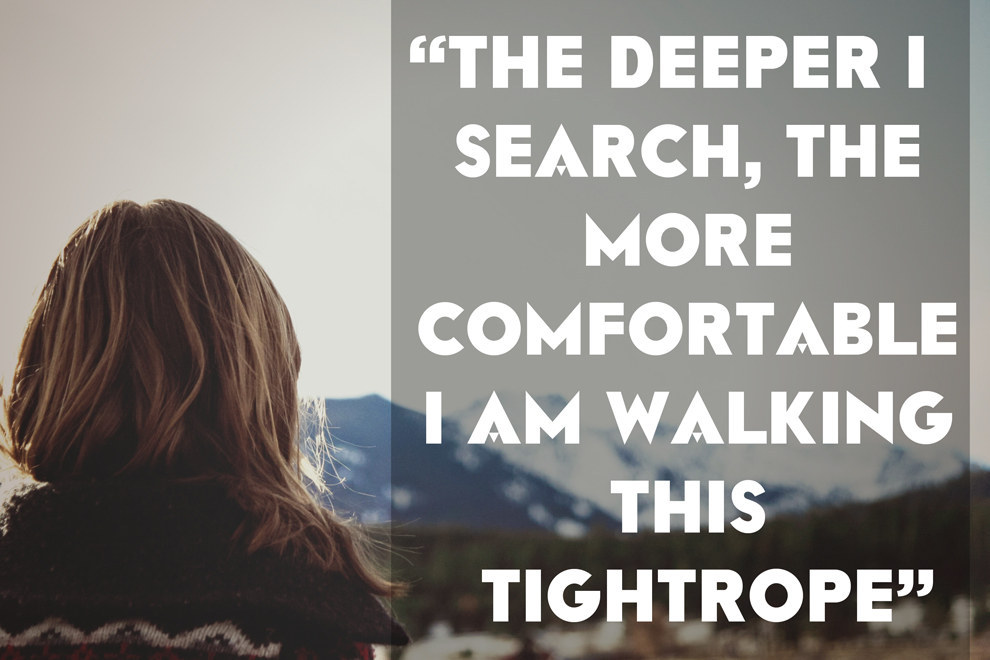
Ehab Abouheif, professor of biology at McGill University, Montreal.
"I am an evolutionary biologist and a Muslim, and I have worked hard to reconcile both science and religion. Although this has been a great challenge, the deeper I search, the more comfortable I am walking this tightrope. I have come to realise that I am not alone. There are many, particularly youth, trying to find answers, especially since science and Islam are too often portrayed as enemies. This reconciliation is a major challenge facing humanity – the peace, prosperity, and scientific progress of nations depend on it. That's why I co-founded the McGill Centre of Islam and Science."
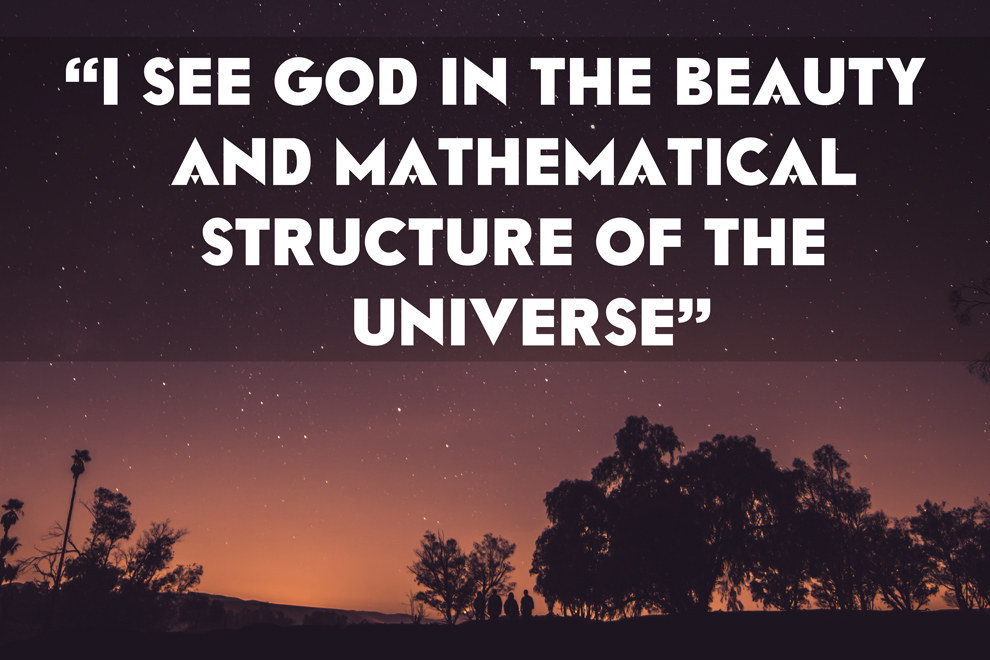
Karen Pickard, senior research fellow at the University of Southampton.
"I was a Christian first, then I became a molecular biologist. For a long time I reasoned that I couldn't be both. I recognise evolution and believe our Earth is old; how could I accept Genesis? Then a friend shared a verse written by St Peter: 'A day is like a thousand years to the Lord and a thousand years is like a day.'
"Perhaps I didn't have to choose after all. This was the start of a journey exploring Biblical interpretations, finding spiritual truths, and there I rediscovered my faith."
Francesca Day, physics graduate student at the University of Oxford.
"I see God in the beauty and mathematical structure of the universe."
